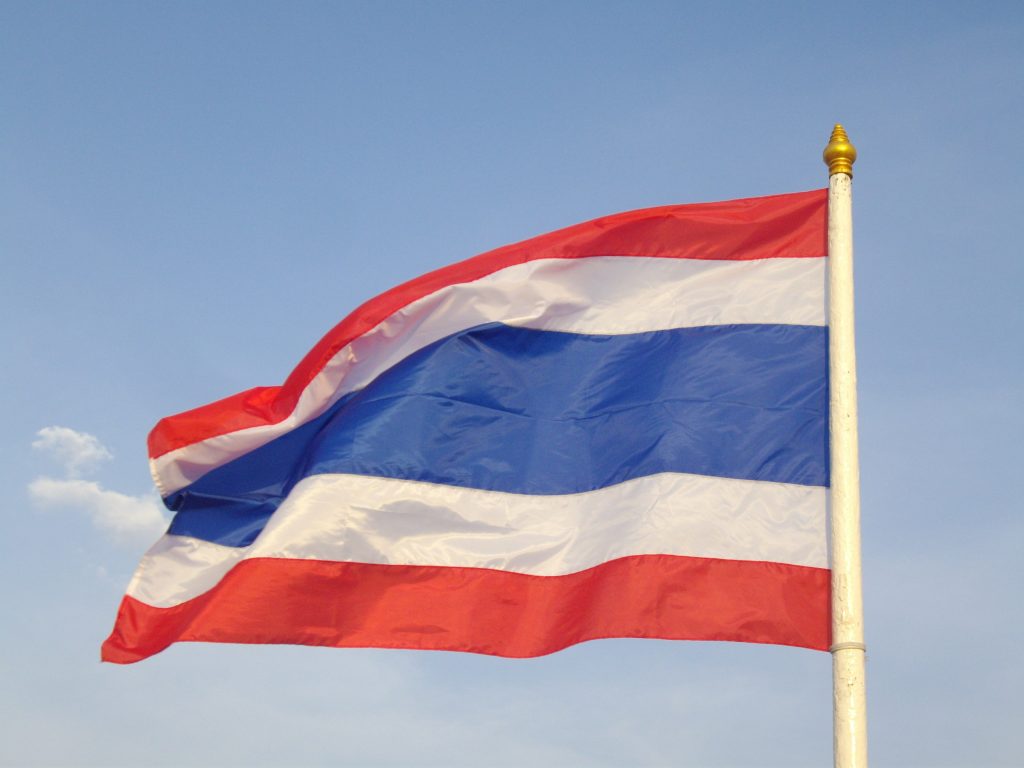Thailand has a policy of protecting Geographical Indications in order to promote the growth of indigenous products, which will benefit the country’s commerce. Geographical Indications protection will encourage local producers to promote the reputation of their own goods. The registration of Geographical Indications for products coming from a geographical source, as well as the prohibition of the use of Geographical Indications that may create confusion about the actual geographical sources of products mentioned in the registration, to prevent people from becoming confused about the geographical sources of products mentioned in the registration. This policy is consistent with Thailand’s commitments under Articles 22–24 of the Trade-Related Aspects of Intellectual Property Agreement.
Different methods can be used to protect geographical indications. Most nations, including Thailand, have established a registration system that allows for official and legal recognition of geographical indicators at the national level. Geographical indicators can, however, be protected via certification or collective marks, administrative certification procedures, unfair competition legislation, or a combination of any or all of these approaches.
Thailand’s geographical indications registration system was established by the Geographical Indications Protection Act of 2003. Article 3 provides a definition that coincides with the TRIPS Agreement’s definition. The Act also prohibits the registration of two sorts of geographical indications: generic names and indications that are contrary to public order, morality, or public policy.
The Geographical Indication Act of B.E. 2546 states that names or trademarks mentioning the origins of products qualifying for Geographical Indication registration must meet four conditions:
- Name, Mark, or Other Terms used to call a Geographical Source: Geographical names or marks that might portray a locale are eligible for Geographical Indication registration under the Geographical Indication Act of B.E. 2546, and such locality does not need to be bound by Government Administration.
- The linkage between an Area and Product: The Act stipulated that such Geographical Indication must be capable of expressing the qualities, goodwill, or unique characteristics of the geographical source.
- Non-Generic name: A geographical indication that is eligible for registration cannot be a product’s generic name. Geographical Indication shall not be used as a generic term for such a product.
- Appropriate and Ethical: The registration of improper or unethical names, or names that do not correspond with government regulations, is prohibited under the Act (Article 5), such as fraudulently registering a geographical name.
If a country’s Geographical Indication is already protected and has been used frequently up to the day of registration, such name is eligible for registration for protection under the Geographical Indication Act of B.E. 2546.
The applicant must use the specific application form, with all fields filled in the Thai language, and attach necessary documentation such as a copy of one set of the application, copies of identity cards, photographs of products that use the registering geographical indication, and clear details of originals, copies, or photographs of product labels that use the registering Geographical Indication.
Upon receipt of the Geographical Indication application, it will be examined for validity and compliance with the rules and regulations, which include: the applicant’s eligibility; legal aspects of the registering Geographical Indication; foreign Geographical Indication must be accompanied by evidence of registration in its country; and consideration of the quality, goodwill, or characteristics of the Geographical Indication submitted for registration.
You can find a list of Thailand IP firms here.

